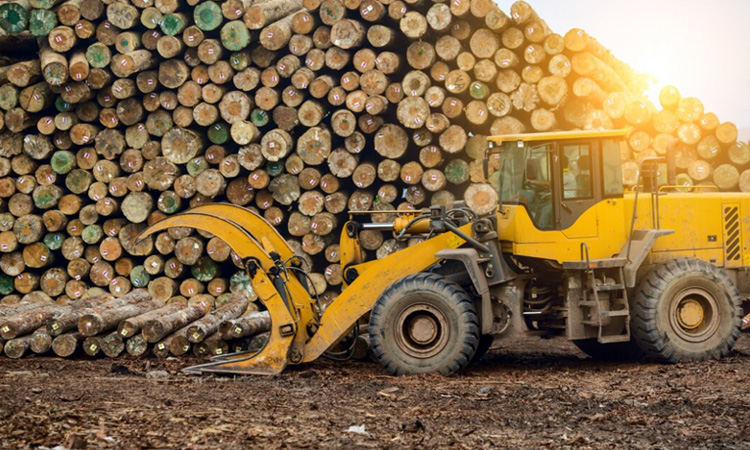Deforestation, the widespread removal of trees from forests, is a critical environmental issue that affects our planet in various ways. As trees play a crucial role in maintaining the balance of our ecosystem, their removal has far-reaching consequences. One major impact of deforestation is the loss of biodiversity. Trees provide a habitat for countless species of plants, animals, and insects. When trees are cut down, these creatures lose their homes, leading to a decline in their populations. This loss of biodiversity not only threatens the affected species but also disrupts the intricate web of relationships within ecosystems.
Additionally, deforestation contributes to climate change. Trees act as natural carbon sinks, absorbing carbon dioxide during photosynthesis and releasing oxygen. When trees are removed, this balance is disrupted, resulting in an increase in greenhouse gases in the atmosphere. This, in turn, leads to global warming and unpredictable weather patterns. The interconnectedness of forests and climate regulation highlights the urgency of addressing deforestation as part of the broader strategy to combat climate change.
The loss of forests also affects local communities that rely on them for their livelihoods. Indigenous people often depend on forests for food, medicine, and shelter. Deforestation not only threatens their way of life but also diminishes the availability of resources for the rest of the world. Additionally, the destruction of forests can lead to soil erosion, affecting agriculture and water quality. The far-reaching consequences of deforestation underscore the need for a global commitment to sustainable practices and conservation efforts.
Efforts to combat deforestation include sustainable forestry practices, reforestation projects, and promoting responsible consumer choices. Sustainable forestry involves harvesting trees in a way that maintains the health of the ecosystem and allows for natural regeneration. Reforestation projects aim to replant trees in areas that have been deforested, helping to restore lost habitats and biodiversity. On an individual level, consumers can make a difference by choosing products that are certified as sustainable or produced through environmentally friendly practices.
Moreover, raising awareness about the importance of forests and the impact of deforestation is crucial. Education and advocacy play significant roles in inspiring collective action. Governments, businesses, and individuals all have a role to play in implementing and supporting policies that protect forests and encourage sustainable land use.
In conclusion, it’s essential for us to recognize the importance of trees and actively work towards protecting and restoring our forests for the well-being of our planet and future generations. By addressing deforestation through sustainable practices and informed consumer choices, we can contribute to a healthier, more balanced environment. The fight against deforestation is a shared responsibility that requires collaboration on local, national, and global levels to ensure a sustainable and harmonious coexistence between humans and nature.
Next On Your Reading List:


